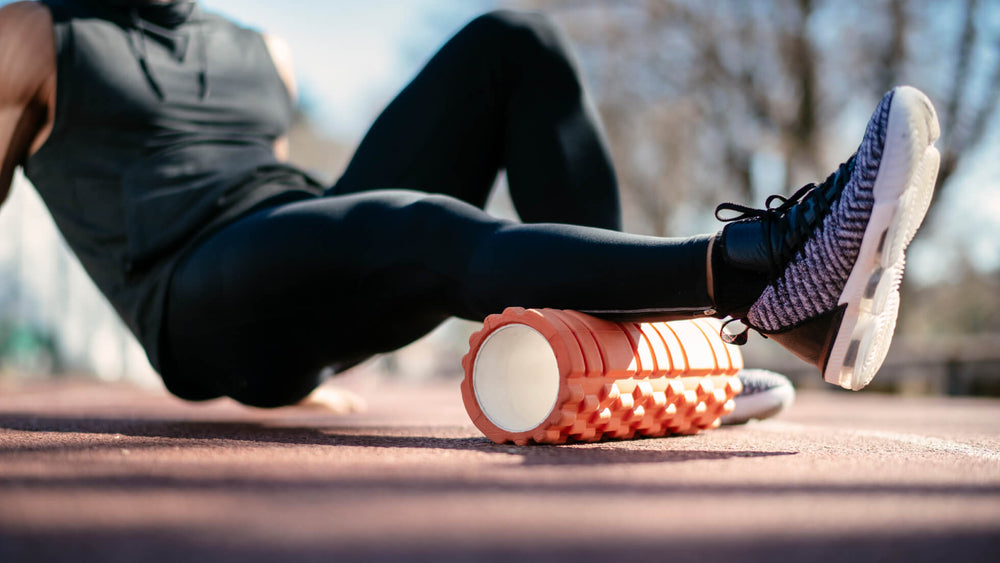5 Nutrition Tips For New Runners

By Lauren Panoff, MPH, RD
If you’re new to running, congratulations! You’ve just found a great way to stay active, improve your fitness, enjoy the outdoors and even boost your mood by experiencing the runner’s high. The question is, are you fueling yourself adequately for your newfound exercise routine? Here are some top nutrition tips for new runners.
- Stay hydrated. Your body is made up of at least 60% water, and maintaining that balance and preventing dehydration is really important. Running causes the loss of hydration primarily through sweat, and this needs to be replenished during and after workouts. You may have heard that feeling thirsty isn’t the first sign of being dehydrated; it means you’re already dehydrated. The best beverage for maintaining hydration is pure water, although some sports drinks can help replace electrolytes lost during and after a long, hard run.
- Fuel yourself before and after a workout. Sometimes, you may also need a boost during a long-distance run, depending on what you’re training for. A healthy mix of carbs, protein and fats is the ideal way to fuel a workout. Some good examples of a pre-run snack might include half an energy bar and a banana, or peanut butter toast with raisins, or a cup of cottage cheese with blueberries and walnuts. Pre-run snacks should be higher in carbs and lower in calories than a full-on pre-run meal. After your run, replenish your body with a similar mix of nutrients, like a pita with hummus and a piece of fruit, or trail mix.
- Don’t be afraid to eat carbohydrates and healthy fats. Carbohydrates get a bad rap, thanks to headlines and fad diets, but they’re actually your body’s primary source of energy. In fact, they’re an essential component of a healthy diet, as are fats. Choosing the right kinds of carbs and fats is key to best support your running performance. For instance, complex carbs like whole grains, beans, legumes, fruits, and vegetables, and healthy fats like avocados, nuts and seeds are good choices to incorporate.
- Keep healthy snacks available for a hungry metabolism. One of the first things many new runners experience is an increase in their metabolism. This often shows up as a increased hunger, or a need to eat more frequently. The best piece of advice here is to eat when you feel hungry, and choose healthy foods as much as possible. Running burns a significant number of calories, and your body needs to be replenished to keep on moving.
- Don’t overeat before a run. The only thing worse than not eating enough before a run (and feeling under-fueled or even shaky) is overeating before heading out. Stuffing yourself before a run can make you feel bloated, heavy and even nauseated. It’s a good idea to avoid foods that are difficult to digest or that sit in your stomach for awhile, like fried foods, heavy sauces and creams, oil or even foods that are especially high in fiber. Picking a nice balance of those healthy carbs, fats and protein in a small snack before racing out the door can help you feel fueled without overfilling your tank.
Take the next step in your training regimen: Try any BRL Sports supplement risk-free! If our natural nutritional products aren’t the best you’ve ever used, simply return your purchase for a 100% refund — no questions asked!
Also in Inspiration & Perspiration

Extreme Endurance: How Elite Athletes Train Beyond the Limit
Explore how elite athletes train for extreme endurance. Learn what it takes to build physical and mental capacity for ultra-distance performance.

Marathon Training Nutrition: Complete Fueling Guide from Base Building to Race Day
A practical guide to marathon training nutrition, with fueling strategies, common mistakes to avoid, and how to adjust your intake from base to race.

Creatine vs Pre Workout: Which Should You Take? (Or Both?)
Creatine and pre workout serve different goals. Learn how they compare, when to use them, and whether stacking both is right for your routine.


